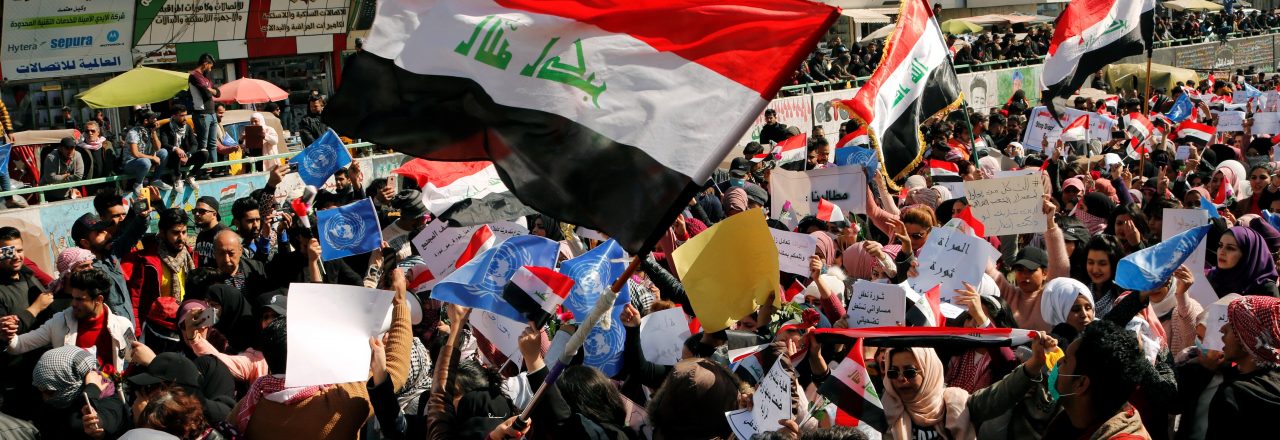
Anti-government protests continue in Iraq and death toll rises while Mohammad Tawfiq Allawi becomes the new Prime Minister
The wave of demonstrations that broke out across Iraq last October continues, with protesters calling for early elections, reforms and the end of foreign interference. On 24 January, thousands of people marched in Baghdad and in other governorates in southern Iraq to express their opposition to US influence in the country, following Shia cleric Muqtada al-Sadr’s call to take part in a million-man rally. However, on 25 January, Sadr, who leads the Saairun coalition – the largest bloc in the Iraqi Parliament – announced that he will no longer support the anti-government movement and called on his followers to halt their involvement in the demonstrations. His four-month involvement with the movement was paramount as it provided protestors with supplies and protection from influential pro-Iranian armed groups. Sadr’s decision immediately impacted the protest movement as security forces resumed a brutal repression campaign by using live ammunition and tear gas to disperse the demonstrators. According to the Iraqi High Commission for Human Rights, 12 people were killed and 230 injured in Baghdad and other provinces in the south of the country. The international community has condemned the violence but has not intervened to stop it. Amnesty International’s Middle East Research Director Lynn Maalouf declared that “the use of lethal force to silence dissent must stop immediately. The authorities have had months to change course away from violent repression. Protesters have a right to expect that the security forces protect – not arbitrarily kill and maim – them”. On 1 February, Mohammad Tawfiq Allawi was appointed as the new Prime Minister, but demonstrations continue as protestors see “the former minister as part of the ruling class they have rejected as corrupt and beholden to foreign interests”. HR/VP Josep Borrell released a statement declaring that the EU “will continue supporting the legitimate aspirations of the Iraqi people for a strong and effective state with accountable institutions that serve the citizens”.
- The Euromed news are edited by the team of the Euro-Mediterranean Policies Department of the European Institute of the Mediterranean -


